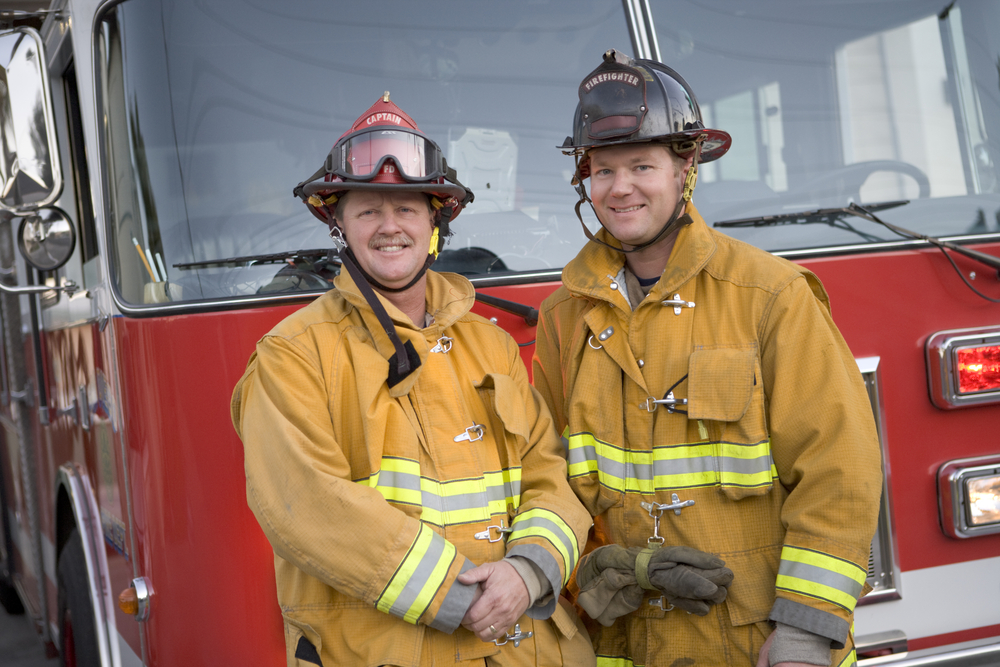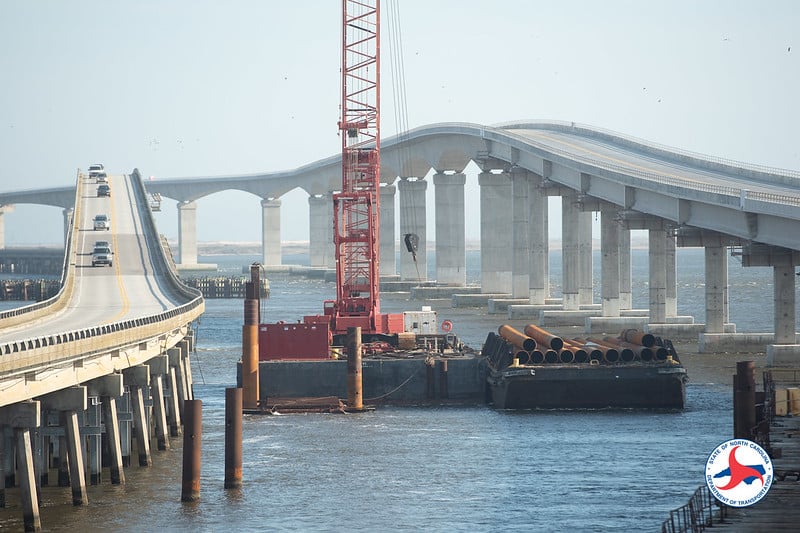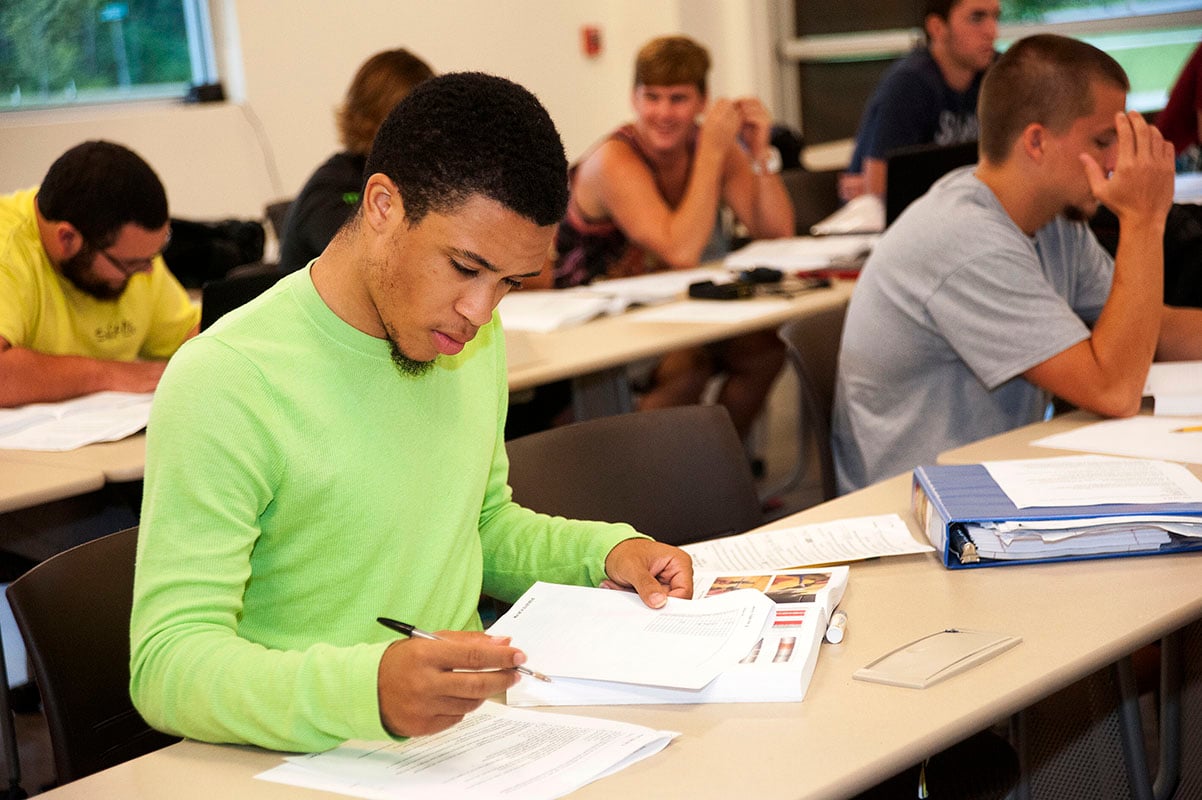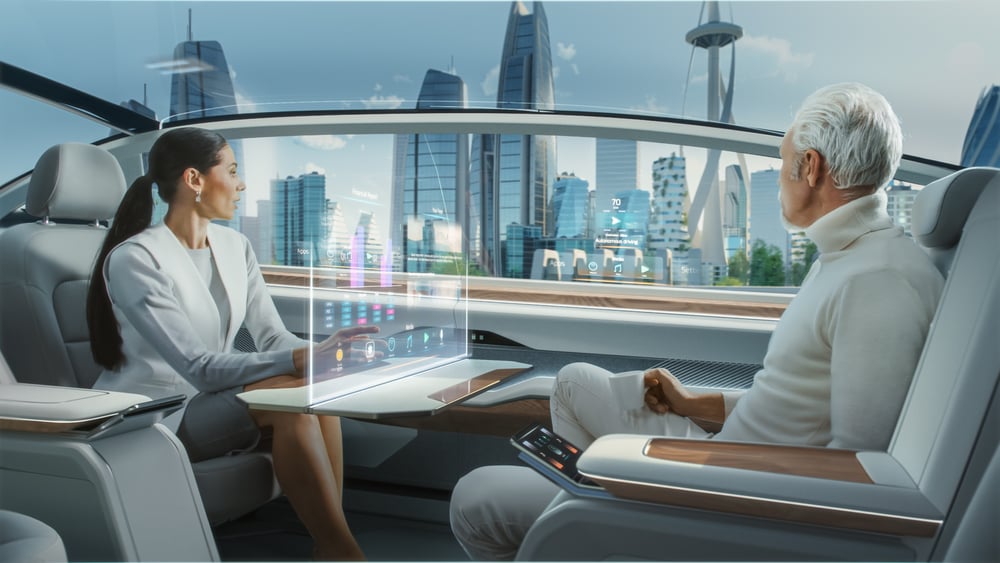
Full disclosure: I’m not a pilgrimage sort of guy.
I’ve never had the urge to take a sabbatical from work to wander the wilderness in search of answers about the meaning of life. I don’t have a personal guru or spirit animal.
And whenever I visit a bookstore, the only time I’m in the self-help section is when I’m passing it through to get to military history.
Not that there’s anything wrong with pondering the big mysteries of the universe. If that’s your thing, by all means… ponder away. More power to you.
I just prefer tackling problems that I have a fighting chance of figuring out.
Instead of staring up at the stars asking, “What is the meaning of life?” I prefer to start my workweek asking, “How can I make life better?”
I know that sounds pretentious, but “making life better” is actually part of my job description as an economic developer. Maybe it doesn’t show up in those exact words, but if I’m doing my job right, I can improve the quality of life for everyone.

GREAT question. Unfortunately, I don’t have an answer.
Nobody does. Not really.
The bone dry definition from Brittanica.com states that “Quality of Life is the degree to which an individual is healthy, comfortable, and able to participate in or enjoy life events.”
In healthcare, the concept of quality of life has to do with the comfort of the individual patient. Improving quality of life in that case is about easing pain and helping people cope with illness and chronic disease. But in economic development, the concept of quality of life (QOL) applies to the locality or community as a whole.
In my job, when I consider quality of life, I’m thinking about how to improve the conditions for everyone. And that’s exactly as challenging as it sounds.
Figuring out how to improve the “quality” of someone’s life is a tricky business. It’s so tricky because it’s so subjective.
As human beings we all need the basic things: food, water, shelter and safety. But there are millions of things that make people unique. What makes me happy might not be the same thing that makes you happy. Things get complicated when we try to deal with every item on every person’s individual wish list.
That’s why I don’t even try.
Oh, there are plenty of theories and formulas and methods of calculating quality of life. You can spend days digging through academic papers and listening to lectures from global experts about how to do it with data, trends and spreadsheets.
But nothing simple has ever been created for QOL that shows you, step-by-step how to make it, boost it or bottle it.
That’s frustrating for economic developers who work in a world that relies so much on hard numbers and data. It’s easier to measure success when there’s something you can count. This whole “quality of life” business is much more… squishy.
That’s why I leave the hard science to the scientists and focus on the big picture. When it comes to improving quality of life, I stick to covering the four universal issues: economy, safety, infrastructure and education.

Obviously, this is the economic development wheelhouse. Growing businesses and creating jobs increases revenue. It puts people to work, which puts money in their pockets, which helps them build a better life.
Creating a vibrant business climate allows new companies to launch, grow and expand. These new companies attract customers, employ residents and give localities more choice for buying everything from groceries and furniture to car service and haircuts.
Every business that economic development help can help improve quality of life.

People need to feel safe and be safe. Nothing else much matters if your health or well-being aren’t protected.
In a community, this means making sure that all emergency services are running efficiently including police, fire and paramedics. This means that there are enough doctors, dentists and emergency rooms for people who need them.
And if you live near someplace prone to natural disasters like hurricanes, safety is also about making sure that your community has the resources and plans to deal with a natural disaster.
While economic development doesn’t directly manage public safety, the revenue that it helps generate goes directly to maintaining those vital services.

Reliable infrastructure is a vital part of maintaining quality of life. Infrastructure covers everything from the physical assets (roads, railroads, bridges) to basic municipal needs like water, electricity, gas and broadband.
My job as an economic developer depends on a healthy, modern infrastructure. Businesses can’t do business without well-maintained roads and bridges or reliable utilities.
Economic progress doesn’t happen without serious investments in infrastructure. Without infrastructure, there are no new neighborhoods, shopping centers or office parks.
Sometimes, economic development projects can spark new infrastructure investment. But it’s also part of my role to help move improvements forward so that we can attract outside businesses.

Smart communities grow faster. Not only is it important to have a strong K-12 runway for communities, but the more post-high school options that are available, the better.
Giving people choices is important to quality of life. One of the greatest allies of economic development is the higher education community. They are invaluable when it comes to offering options for adult learning, workforce education and skills development.
The more well-rounded and capable a local workforce is, the more attractive that location is to outside companies. As an economic developer, one of the most effective ways I can raise the quality of life is by helping to create and maintain opportunities for continuing education.

What constitutes quality of life is always evolving.
Thirty years ago, the internet wasn’t even part of the conversation and now broadband is considered as vital to daily life as clean drinking water. Who knows what our biggest concerns will be a half century from now?
I’m confident that most of the basic needs will remain. People will need to learn and earn. They will need to feel safe and stay healthy. And when they turn on the light switch, they’ll want the lights to go on.
For economic developers, the challenge of improving quality of life will continue. I’m not optimistic that it will get any easier.
Thanks to rapid advances in technology and the wild swings of world events, businesses are evolving faster than ever. The coming decades are going to change the way we work, the way people buy and the way companies operate.
It will happen fast, but it’s not going to happen overnight.
In the meantime, economic developers like me will continue to help companies start, expand and grow. We’ll continue to generate revenue, create new opportunities and connect our communities with the rest of the world.
And as long as I’m showing up to work on Monday mornings, I’ll keep kicking off the week asking, “How can I make life better?”
These Stories on Economic Development
No Comments Yet
Let us know what you think